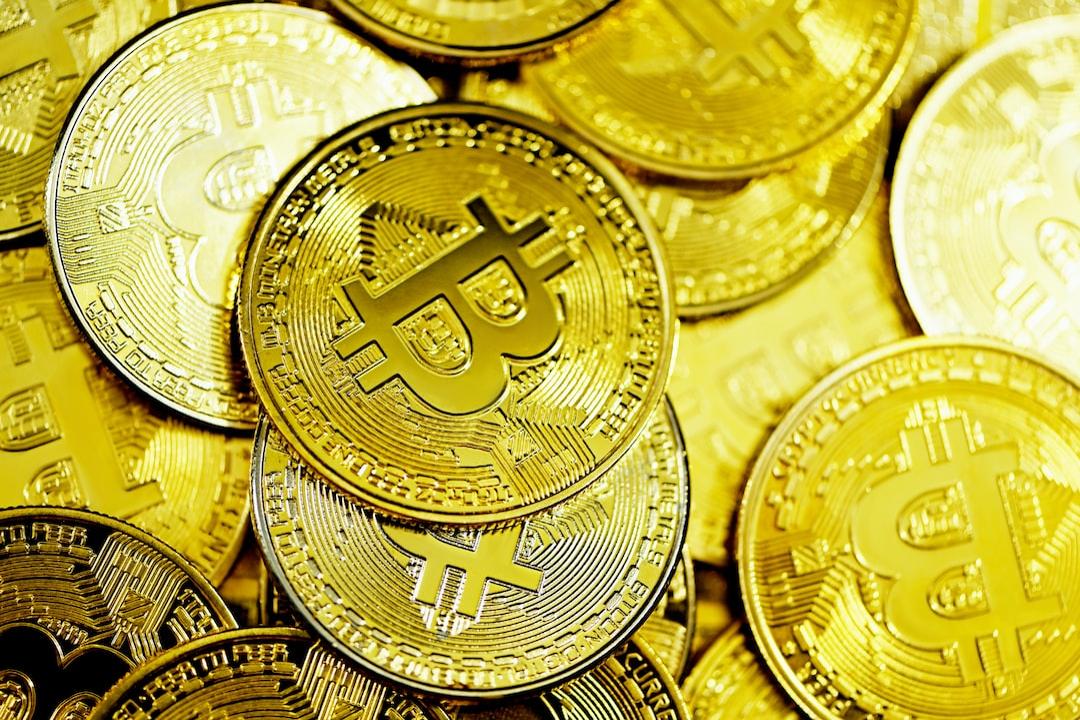The Boston Consulting Group has released a report highlighting the significant impact that recent regulatory changes in Europe will have on global trade, as sustainability becomes a central focus. VeChain, with its scalable blockchain platform that prioritizes transparency and trust, is positioned at the forefront of this sustainability revolution.
Climate change is currently the most pressing threat to humanity, and due to centuries of prioritizing economic interests over sustainability, there is an urgent need to change course. While Europe is leading the charge, developing economies in South Asia, Africa, and Latin America will bear the brunt of the impact, according to the Boston Consulting Group.
VeChain is playing a key role in this revolution and is striving to become the preferred network for global sustainability. The recent report by BCG outlined two crucial measures in Europe that will have a global impact: the Carbon Border Adjustment Mechanism (CBAM) and the EU Deforestation Regulation (EUDR).
BCG, which has heavily invested in sustainability measures and provides guidance to large conglomerates and sovereign governments, advocates for blockchain adoption in the sustainability revolution, with VeChain as the preferred network. As previously reported, VeChain and BCG have joined forces to showcase VeChain’s superior technology in an industry that attracted over $75 billion in investments last year.
In response to BCG’s latest report, VeChain has reaffirmed its commitment to investing in initiatives that combat climate change. The blockchain technology developed by VeChain will serve as the foundation for a global movement towards more sustainable business practices, marking an economic revolution centered around transparency and trust. Through collaborations with industry leaders, VeChain is unlocking true sustainability within the Web3 framework.
The BCG report emphasizes the shift in focus towards emerging economies rather than Western nations. While these countries have lower emissions per capita, collectively, they account for 85 percent of the global total, and this share will only increase as their economies grow. Consequently, Europe has introduced CBAM and EUDR, which demand greater efforts from emerging economies that supply exports to European markets.
CBAM requires developed countries to pay approximately €85 per metric ton of CO2 emissions. Furthermore, Europe will now impose the same rate on CO2 emissions from materials produced by developing countries. With EUDR, Europe has banned agricultural products originating from areas where recent deforestation has taken place.
So, where does VeChain and its blockchain network fit into this picture? As outlined in its recent whitepaper, VeChain and BCG will establish blockchain biospheres, which are ecosystems leveraging the blockchain to create networks that companies and governments can utilize to tackle sustainability challenges. To attract users, these ecosystems will incorporate gamification elements, rewarding users for actions taken towards achieving sustainability goals.
By combining the efficiency and value of the VeChain blockchain with BCG’s expertise in this field, the network is embarking on the next phase of its journey, aiming to globalize its successes and usher in a new era of green global development powered by Web3.

